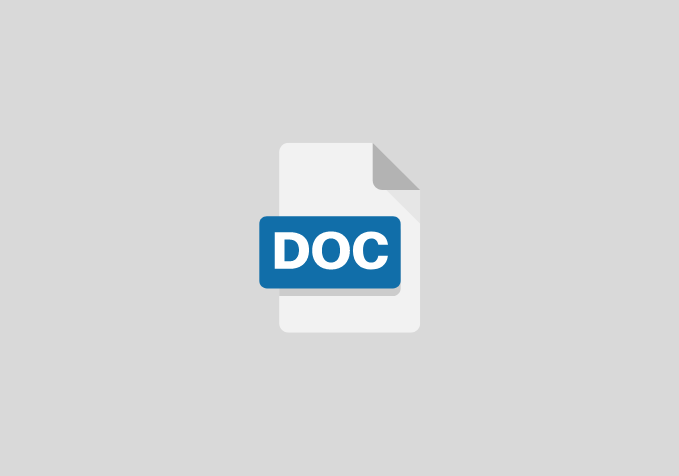Prevention of Fraud and Control in Commercial Banks in Pakistan
Chapter One
Objective of the study
The objectives of the study are;
- To examine if management control has contributed to the breakdown in the internal audit systems of the selected commercial banks in Pakistan
- To determine if Management control have effect on Whistle blowing in the selected commercial banks in Pakistan
- To ascertain the way of preventing fraud in commercial bank of Pakistan
Chapter Two
Literature Review
Fraud is a `cankerworm’ that has eaten deep into the nation’s fabrics. It is visible in all the sectors of the economy. In the financial sector, fraud is an `offshoot’ of financial crimes which covers offences, which are securities, related and involves the movement, transfer or use of monetary instruments in circumstances, which render such acts unlawful. The above definition can be extended to include any dishonest, unethical or unprofessional conduct which results in financial loss to someone or institution for the benefit of another. Financial fraud include but are not limited to the following, cheque-kiting, loan fraud, advance fee frauds securities frauds, account opening frauds, inconsiderately clearing frauds, computer-frauds, telex fraud and money laundering.
Fraud as stated earlier is not peculiar to the banking industry but cuts across other sectors of the economy. Frauds in banks are not new, in fact, it is as old as the industry itself. But in recent times, the practice has assumed an alarming proportion. Sometimes, the act is carried out by outsiders while in most cases there is a collaborated effort between outsiders and staff to perpetrate this financial crime.
Furthermore, fraud and corruption in today’s banks certainly constitutes one of the most serious threats to the practices and spread of bank in Pakistan. It has assumed such an alarming proportion that there is no visible sign that the tread will be reversed. In legal terms, fraud is seen as the act of depriving a person of something, which such a person would or might be entitled to, it can also be seen as an act of trickery which is intentionally practiced in order to gain illegitimate advantage. Therefore, for any action to constitute fraud there must be deceitful objective to benefit (on the part of the perpetrator) at the disadvantage of another person or group. Fraud typically requires stealing and manipulation of accounts, frequently accompanied by cover up of the theft. It also involves the translation of the stolen resources or property into own resources or property.
References
- CrutsingerIMF envisions a sharp 4.4% drop in global growth for 2020(2020)https://apnews.com/article/virus-outbreak-international-news-business-us-news-ap-top-news-00cca5b274be3d1ff7eca01c8bf1d149Google ScholarDollar, 2019D. DollarExecutive summary
- Dollar, E. Ganne, V. Stolzenburg, Z. Wang (Eds.), Global Value Chain Development Report 2019: Technological Innovation, Supply Chain Trade, and Workers in a Globalized World (2019)
- Bloom D. E., Cadarette D. and Sevilla J.P., “The Economic Risks and Impacts of Epidemics”, International Monetary Fund, F&D Magazine, June 2018. “China’s Economy Suffers Historic Slump Due to Virus Shutdown”. (2020, March 16).
- Bloomberg News. Available at: https://www.bloomberg.com/news/articles/2020-03-16/chinamanufacturing-and-retail-contract-for-first-time-on-virus. [Accessed: 19 March 2020]
- Chou, J., N.-F. Kuo, et al., 2004. “Potential Impacts of the SARS Outbreak on Taiwan’s Economy”. Asian Economic Papers 3(1), 84-112.
- “Cineplex closing all theatres across Canada due to COVID-19 concerns”. (2020, March 16). City News. Available at: https://toronto.citynews.ca/2020/03/16/cineplex-closing-all-theatres-acrosscanada-due-to-covid-19-concerns/. [Accessed: 19 March 2020]


